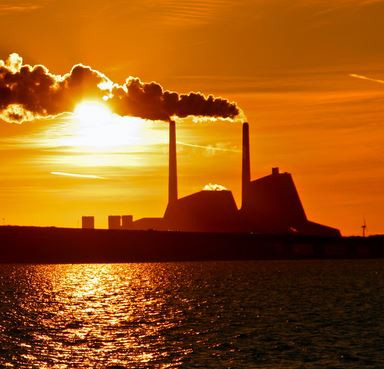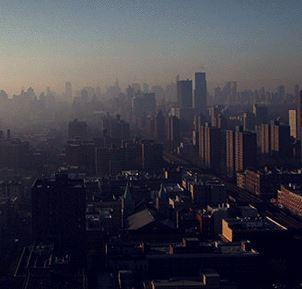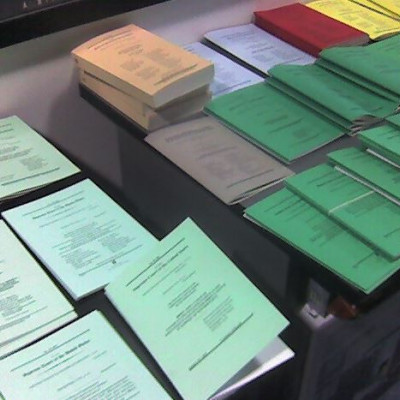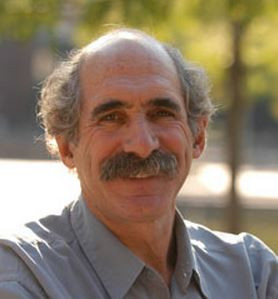August 3, 2015
July 2015 at Policy Integrity: NY Times Op-Ed on the Clean Power Plan, Report on Legal Aid and Domestic Violence, NYC’s Environmental Milestone, Social Cost of Carbon Legal Brief, Tribe’s Climate Claims, Spotlight: Michael Oppenheimer
-
New York Times Op-Ed: Obama Takes a Crucial Step on Climate Change
In an op-ed published just after the release of the finalized Clean Power Plan, Richard Revesz and Jack Lienke discuss how this rule helps correct a major error in the Clean Air Act. “The law contained a terrible flaw: Existing facilities — most notably, electric power plants — were largely exempt from direct federal regulation,” they write. Revesz and Lienke describe how this system of “grandfathering” has kept many dirty coal plants running decades beyond their expected lifespans. The op-ed challenges the narrative of the “war on coal,” describing this rule as merely “the latest chapter in a decades-long effort to clean up our oldest, dirtiest power plants and at last fulfill the pledge that Congress made to the American people back in 1970: that the air we all breathe will be safe.”
-
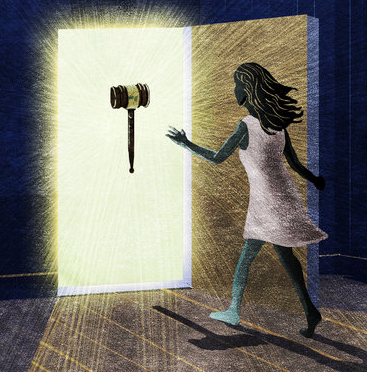
Can Legal Aid Reduce Domestic Violence?
Evidence indicates that the social costs of domestic violence extend far beyond the private costs borne by victims and their immediate families. Our latest report analyzes the social costs of this public health problem and explores civil legal aid efforts, which have been shown to reduce rates of domestic violence by helping victims obtain protective orders and other services. The evidence suggests that civil legal assistance might indeed be cost-benefit justified. Our report has received considerable media attention from NPR, the Huffington Post, and several other outlets. Denise Grab, who co-authored the report, wrote a related article for Slate.
-
Cleaning Up the Air in NYC
New York City reached an environmental milestone in July, as the final deadline passed in a multi-year effort to eliminate the city’s dirtiest residential heating oils. Policy Integrity played a major role in shaping and supporting this policy, which has saved hundreds of lives by curbing air pollution. We released a 2008 report that quantified the health and economic benefits at stake: the policy could save a minimum of 73 to 188 mortalities each year and generate more than $5 billion in health benefits for city residents. Studies like this often take years to complete, but Policy Integrity conducted this analysis quickly enough to affect the policy debate, while participating in stakeholder meetings and testifying at hearings on the issue. The Commissioner of the Department of Environmental Protection later said of our efforts, “the Institute for Policy Integrity really helped push the ball over the line.” The law has since been cited as one of New York City’s greatest environmental success stories.
-
The Social Cost of Carbon Goes to Court
We recently filed an amicus brief in a federal court case challenging the U.S. Department of Energy’s (DOE’s) new efficiency standards for commercial refrigeration equipment. DOE quantified the benefits for this rule by applying the “social cost of carbon” (SCC), a framework for estimating the monetized, global damages caused by releasing an additional ton of carbon dioxide into the atmosphere. The agency relied on the SCC estimates developed by a rigorous interagency process over many years. In opposing DOE’s energy conservation standards, the petitioners take aim at nearly every aspect of the SCC’s development and its application to this rule. Our brief defends the development and application of the SCC as rigorous, rational, and consistent with statutory requirements, regulatory best practices, and case law.
-
In the News: Laurence Tribe’s Climate Claims
New York Magazine’s recent profile of Laurence Tribe explored why President Obama’s “longtime confidant” is fighting the White House climate plan on behalf of the coal industry. The article discusses widespread criticism of Tribe’s legal arguments, including from Richard Revesz. “They are weak arguments, and they are not being made to win this case. They’re basically being made to mislead the public and weaken the president,” says Revesz, who testified opposite Tribe at a Congressional hearing on the climate plan. C. Boyden Gray, counsel to President George H. W. Bush, said in the article: “You look at Revesz, and you say, ‘My God, that is pretty persuasive.’”
-
Spotlight: Michael Oppenheimer
Dr. Michael Oppenheimer recently joined Policy Integrity’s advisory board. Oppenheimer is the Albert G. Milbank Professor of Geosciences and International Affairs in the Woodrow Wilson School and the Department of Geosciences at Princeton University. Before joining the Princeton faculty, he spent more than two decades in senior positions at the Environmental Defense Fund. Oppenheimer is a long-time participant in the Intergovernmental Panel on Climate Change, and he has been a member of several panels of the National Academy of Sciences. “Effective climate policy requires rigorous scientific and economic analysis, and I am excited to help support Policy Integrity’s work in these areas,” said Oppenheimer.

